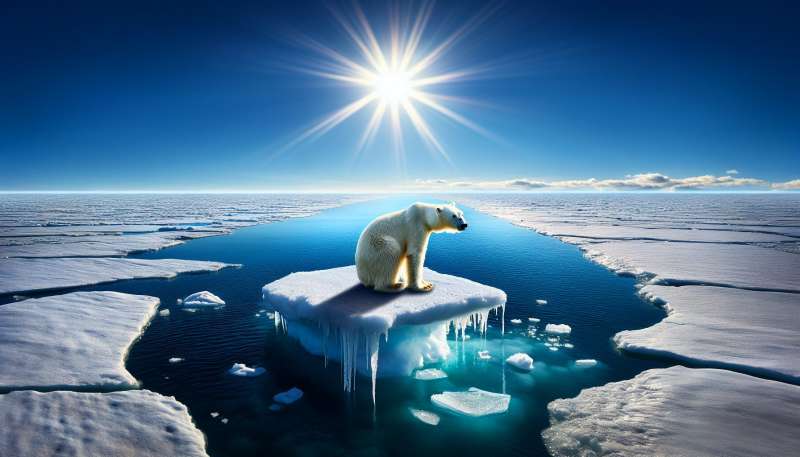
Earth's Ancient Warm Periods
Throughout Earth's history, there have been several warm periods, like the Eocene epoch, when tropical forests extended to the poles. These climates were driven by natural, not anthropogenic, factors such as volcanic activity and solar radiation variations.
Medieval Climate Anomaly
From about 950 to 1250 AD, Earth experienced the Medieval Climate Anomaly. Temperatures were warmer than usual, allowing Vikings to settle in Greenland. Interestingly, this warming was largely confined to the Northern Hemisphere.
The Little Ice Age
A stark contrast to the Medieval warm period, the Little Ice Age between the 14th and 19th centuries led to cooler climates. Advances in glacial activity occurred, and it's theorized that decreased solar activity contributed to this cooling phase.
Industrial Revolution's Impact
Post-Industrial Revolution, CO2 levels rose dramatically due to fossil fuel burning. This marked the first time human activities had a significant, global impact on Earth's climate, leading to an ongoing increase in global temperatures.
Rapid Warming Unprecedented
The rate of recent climate change is unprecedented in at least the last 2,000 years. Studies of ice cores, tree rings, and sediment layers show that the current warming trend is occurring much faster than past warming events.
Ocean Currents' Role
Ocean currents are our climate's unsung heroes. The Thermohaline Circulation, acting like a global conveyor belt, distributes heat worldwide. Changes in this system have triggered past climatic shifts, and its disruption could dramatically alter current climate patterns.
Climate Change's Future
Future projections indicate increased severity of weather events, sea-level rise, and loss of biodiversity. If current trends continue, we may experience climate conditions unknown in human history, with profound implications for our planet's ecology and societies.
What drove ancient warm periods?
Primarily anthropogenic factors
Volcanic activity and solar variations
Industrial CO2 emissions
Company